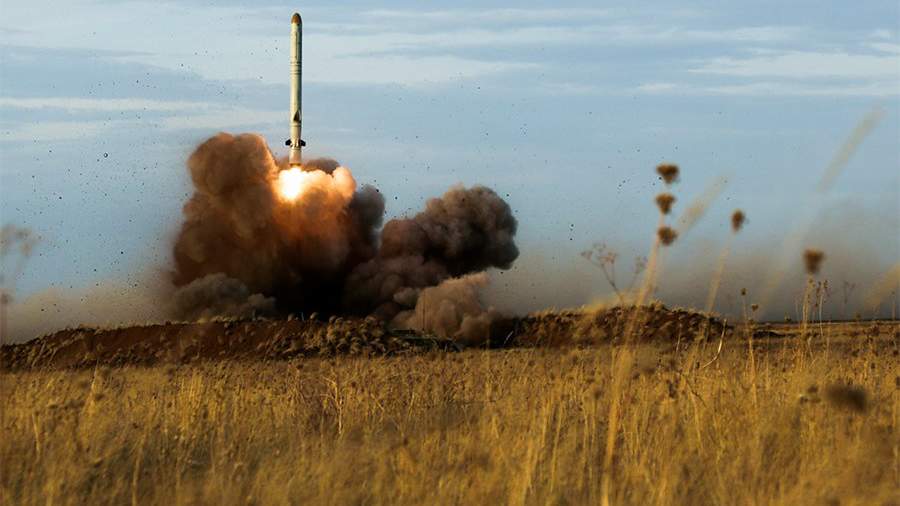Russian president says it is impossible to counter Russian "Nuttall" missiles

There are no means of countering Russian "Oreshnik" missiles now. This was stated by Russian President Vladimir Putin on November 21.
"Combat tests of the Oreshnik missile system are being conducted by us in response to NATO's aggressive actions against Russia. The issue of further deployment of medium- and shorter-range missiles will be decided by us depending on the actions of the United States and its satellites," he said.
In addition, Putin said that the objects to be hit will be determined by the Russian side based on threats to Russian security.
"We consider ourselves entitled to use our weapons against the military facilities of those countries that allow the use of their weapons against our facilities. And in case of escalation of aggressive actions, we will respond just as decisively and in a mirror-like manner," the president said.
He drew attention to the fact that the Russian Federation will offer civilians and citizens of friendly states to leave the kill zone when testing such weapon systems as "Oreshnik". According to him, the Russian side will do this "openly, publicly, without fear of opposition from the enemy," since there are no means of countering Russian missiles.
As Putin noted, Oreshnik is capable of attacking targets at speeds of up to 2-3 km/s and existing air defense systems are not capable of intercepting it.
On the same day, Putin said Ukraine had used Western long-range weapons against the Russian state. According to him, the regional conflict has acquired elements of global character. The head of state also said that one of Russia's newest medium-range missile systems had been tested in combat conditions - a nuclear-free hypersonic ballistic missile called Oreshnik was used.
On November 19, the Russian military shot down five ATACMS missiles launched by the Armed Forces of Ukraine (AFU) in the Bryansk region and damaged another. Russian Foreign Minister Sergey Lavrov called it a signal that the West wants to escalate the conflict.
Russian presidential spokesman Dmitry Peskov emphasized that the Biden administration wants the conflict in Ukraine to continue, and the AFU strikes by Western long-range missiles deep into Russian territories are a new escalation. Russian Foreign Ministry spokeswoman Maria Zakharova warned that such use of missiles would receive an "adequate and tangible" response.
Western countries have stepped up military and financial support for Ukraine amid Russia's special operation to protect Donbass, which began on February 24, 2022. The decision to carry it out was taken by the Russian president because of the aggravation of the situation in the region due to the increased shelling by Ukrainian troops.
Переведено сервисом «Яндекс Переводчик»

